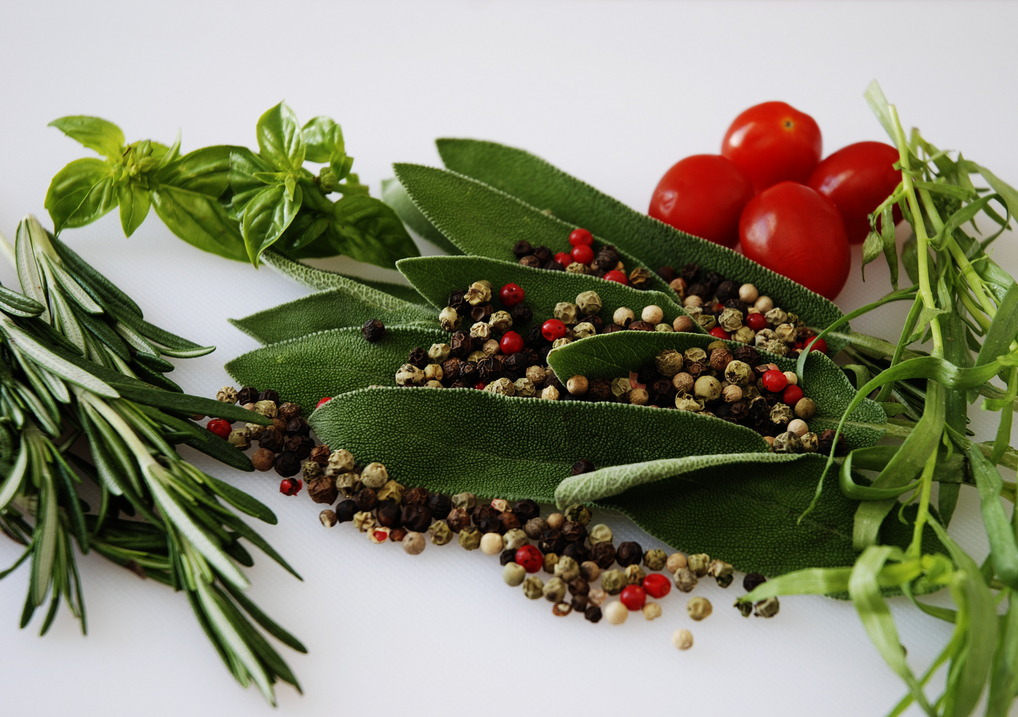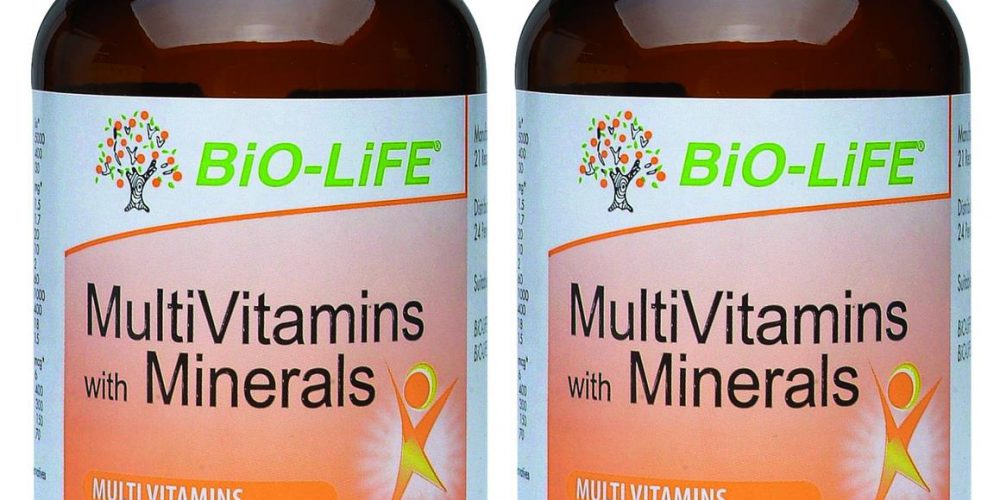Herbs and spices are your friends in the kitchen

For the novice cook, walking through the herbs and spices aisle can be quite an eye-opener. There they are, stacked from floor to ceiling.
Why are they all the same colour? What do you do with this stuff anyway? You eye up the paprika, oregano, coriander, and rosemary.
You pick them up and sniff them inconspicuously…then put them back, grab your salt and pepper, and make a beeline for the tills.
Herbs and spices, however intimidating and unnecessary they may seem, can be your best friends in the kitchen.
They have the ability to transform a dull and boring meal into a dish bursting with flavour. Even just learning how and when to use the most basic of herbs and spices can take your cooking from zero to hero with very little extra effort. Best of all, they’re cheap too!
First off is the dried vs. fresh debate. Sure, fresh herbs are lovely, but they are harder to keep fresh and work out more expensive. Dried herbs will be 100% fine, and you can always get some fresh herbs if a specific dish really calls for it.
Below are 7 of most important herbs and spices.
Each of these should be in your kitchen, and you can always expand as you become more confident.
Thyme – the herb jack of all trades, thyme matches well with lots of other herbs such as sage, oregano, parsley and even rosemary (so basically, any green herb).
It is also great for flavouring stews, casseroles and sauces.
Basil – if you don’t like pesto, basil is not your thing! Basil is a wonderful, light and fresh-tasting herb.
It pairs exceptionally well with other light flavours such as fish, mozzarella and fruit. Use it with summery dishes like sandwiches, salads, light pasta and grilled things.
Oregano/Italian herb mix – as far as ‘generic’ herbs go, this is probably it. You can opt for either the oregano alone or the Italian mixes commonly available.
They’re great for adding flavour to any typically Italian dishes, be it pasta, pizza or chicken. Spaghetti bolognaise is always better with a generous addition of these herbs, and so are roasted vegetables.
Paprika – this comes in hot and sweet varieties, but the more common one is sweet. Very useful for all kinds of dishes, especially if they are Mediterranean style.
Chilli powder – essential for those who like to cook spicy dishes, especially Mexican or Southwestern USA style. Use it sparingly and always taste before adding more. Goes particularly well with hearty foods like mince, and tomato-based sauces.
Cumin – cumin has an earthy flavour and is best used in stews, soups and curries to give it a pleasant fragrance and enhance flavour. Particularly good with Middle Eastern and Indian cuisine.
Curry powder – typically a blend of many spices, this is a great base for if you want to make your own curry or curry-based dishes. Choose mild, medium or hot depending on your own tastes and use it to flavour any type of curry without having to buy curry sauce jars.



































